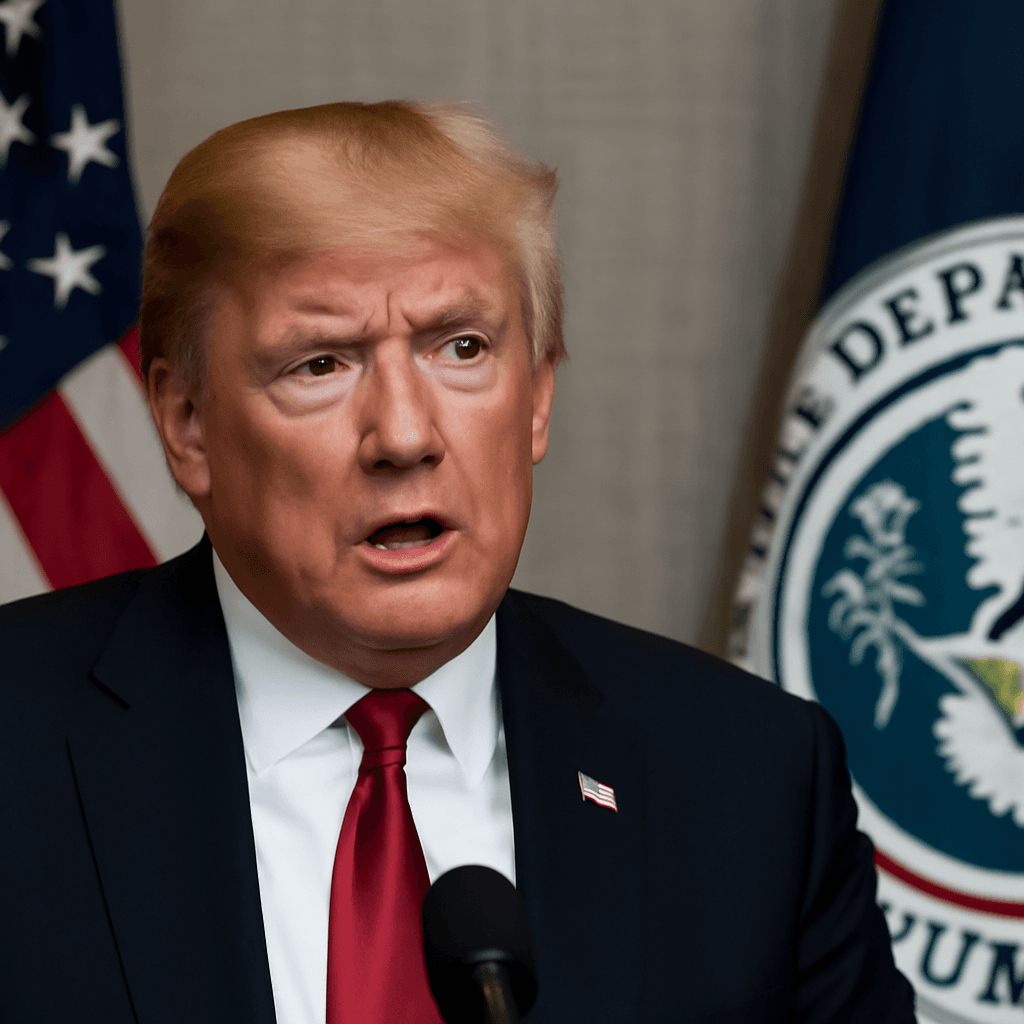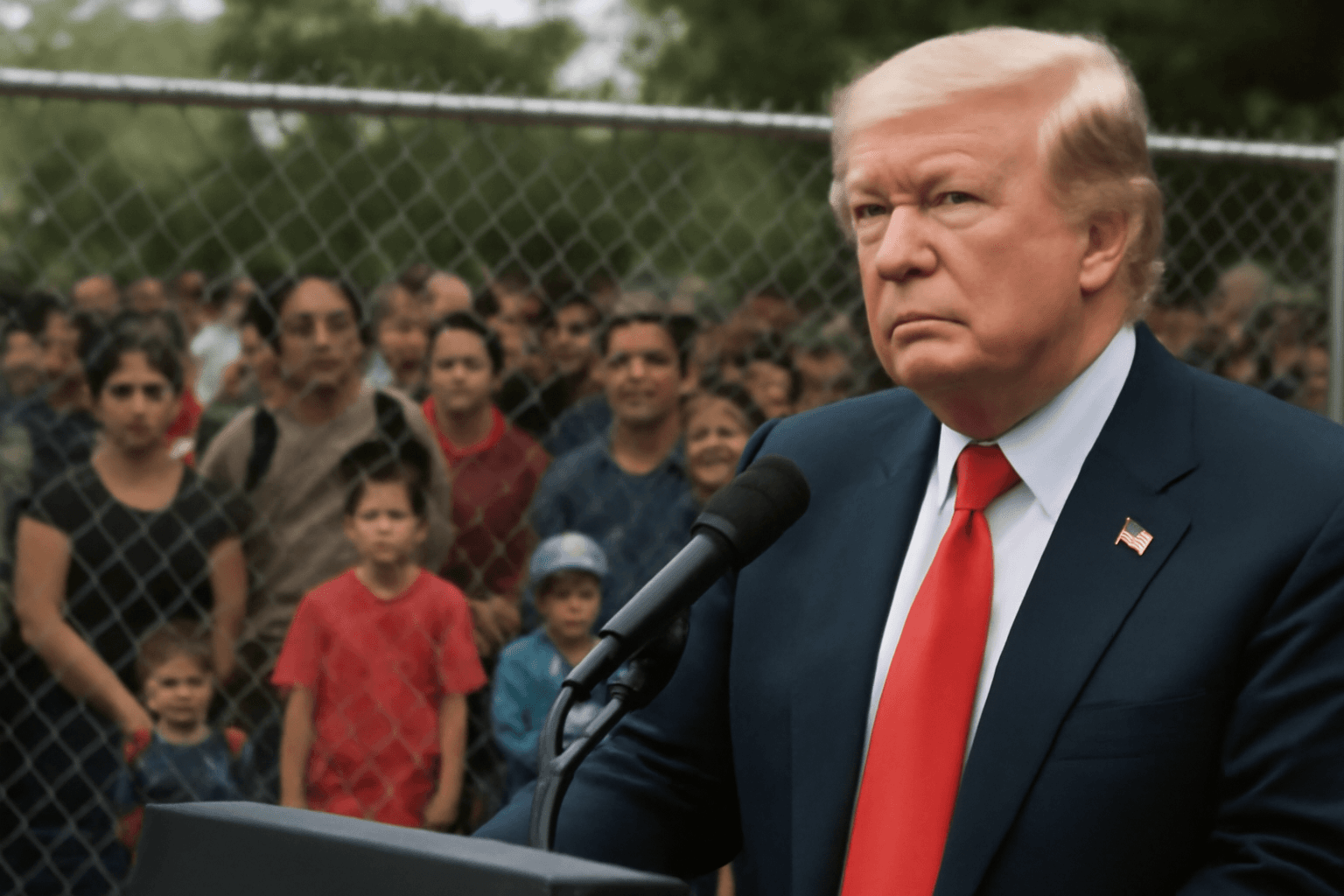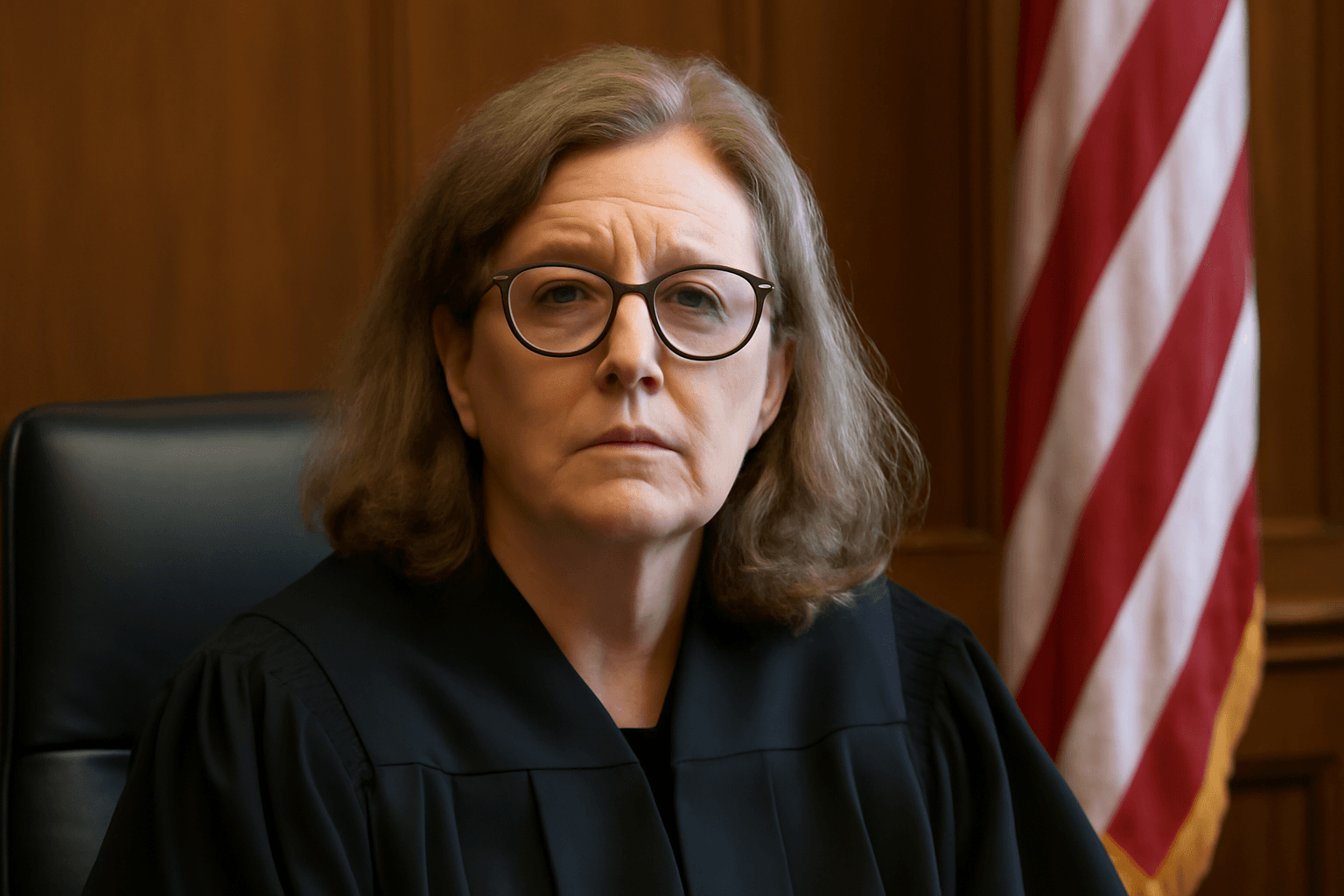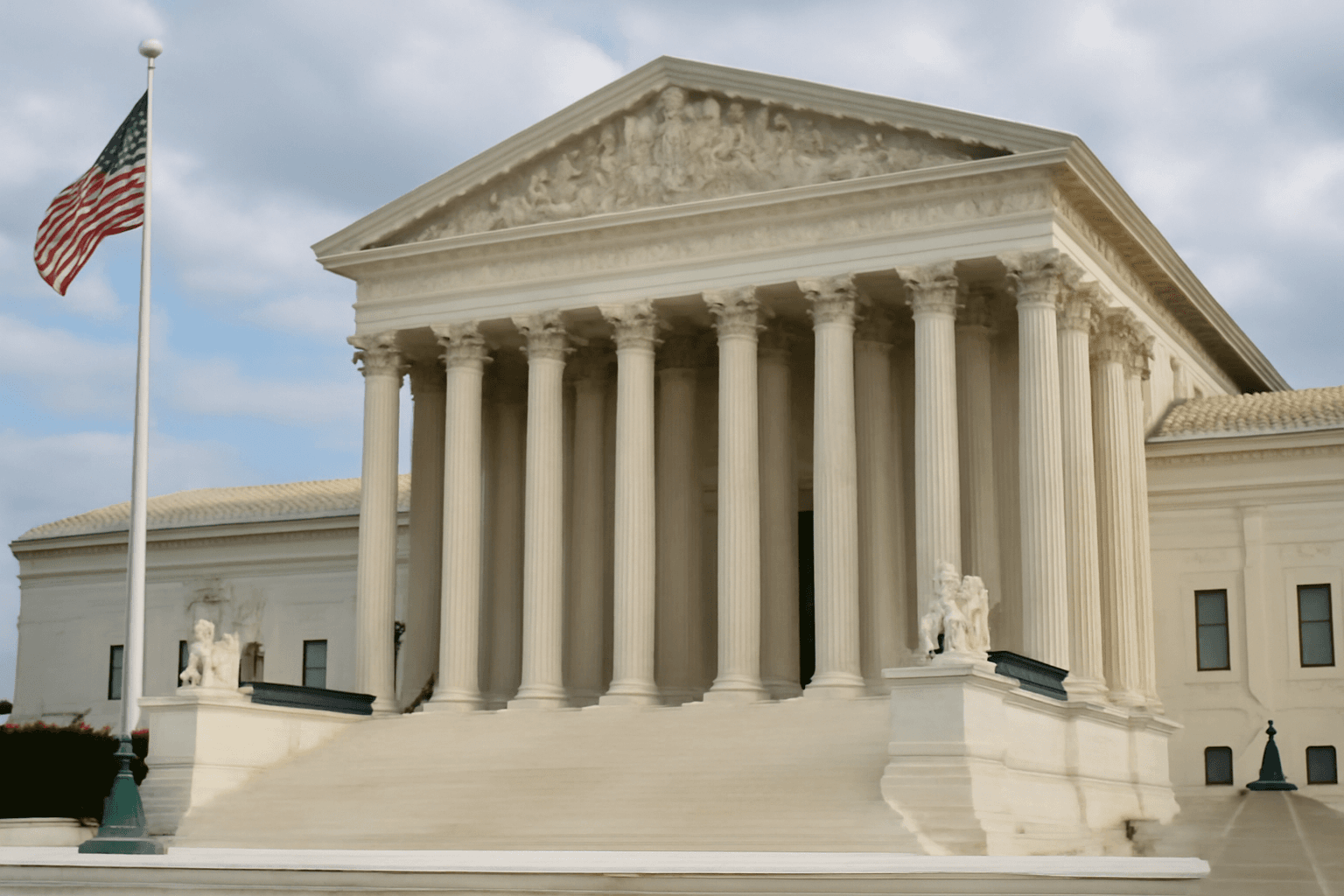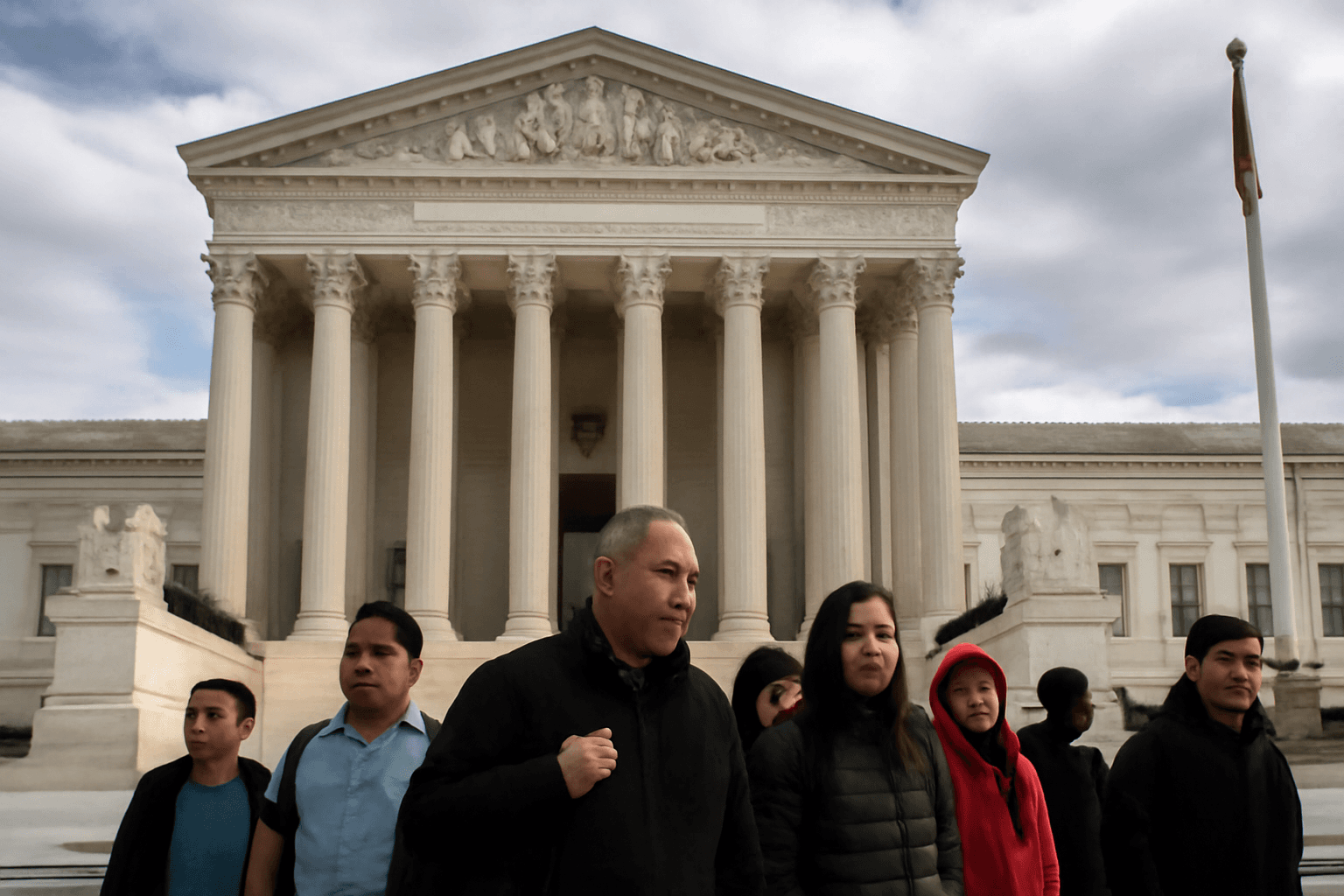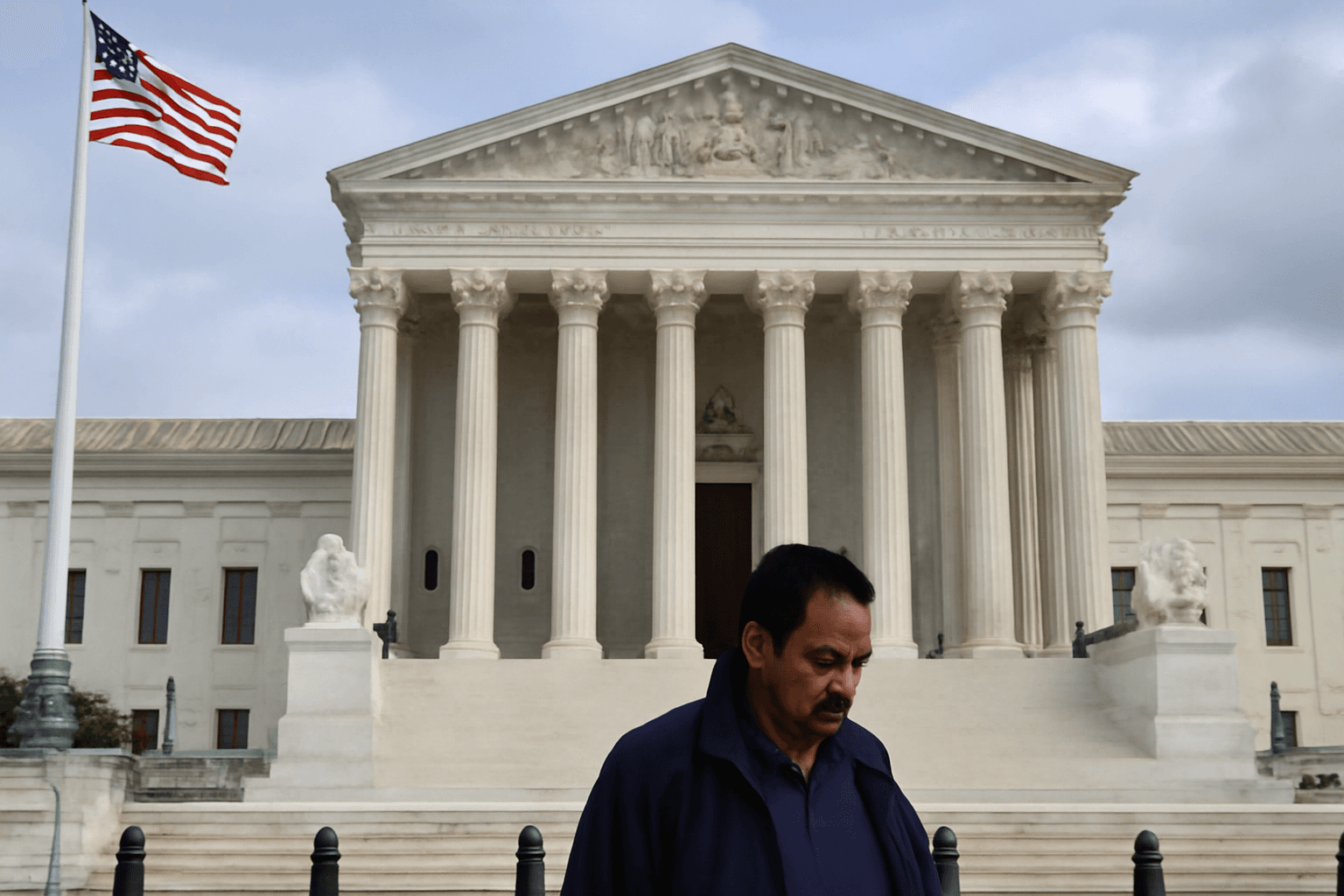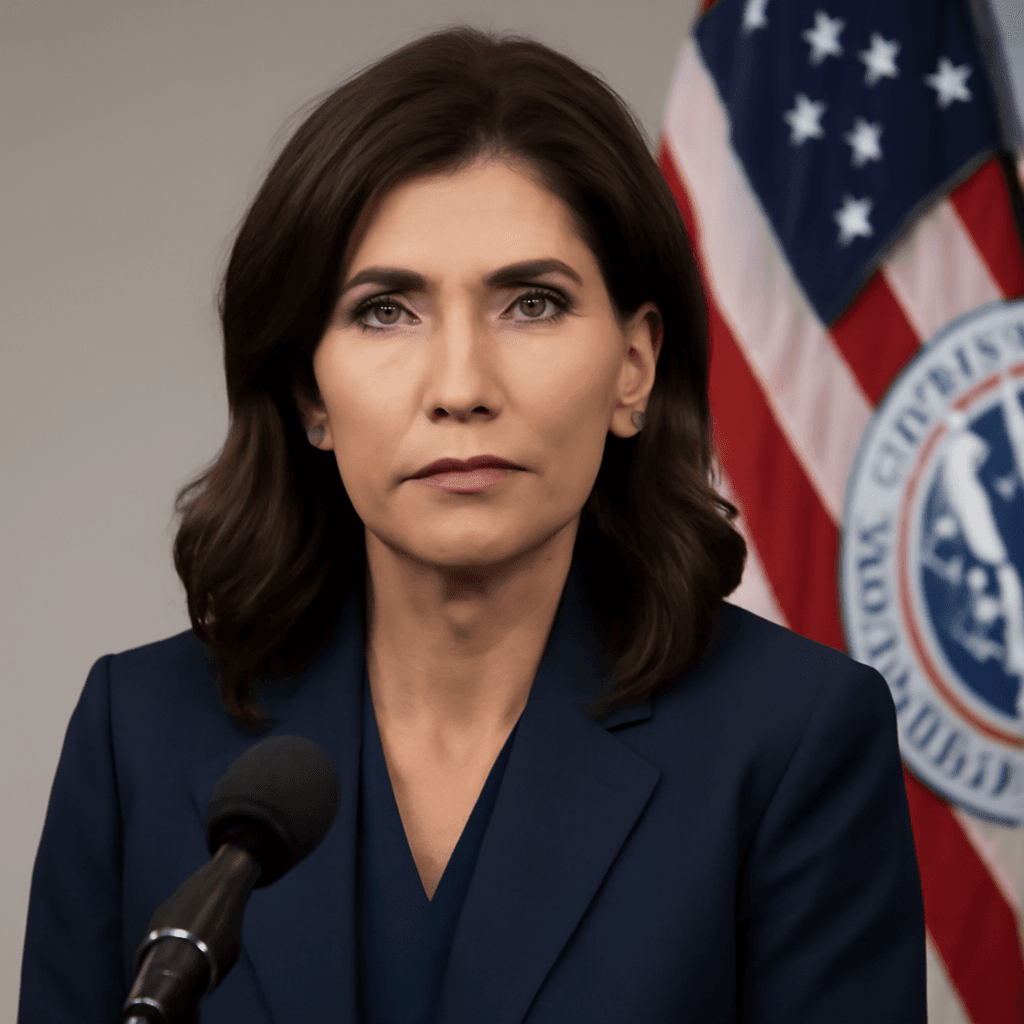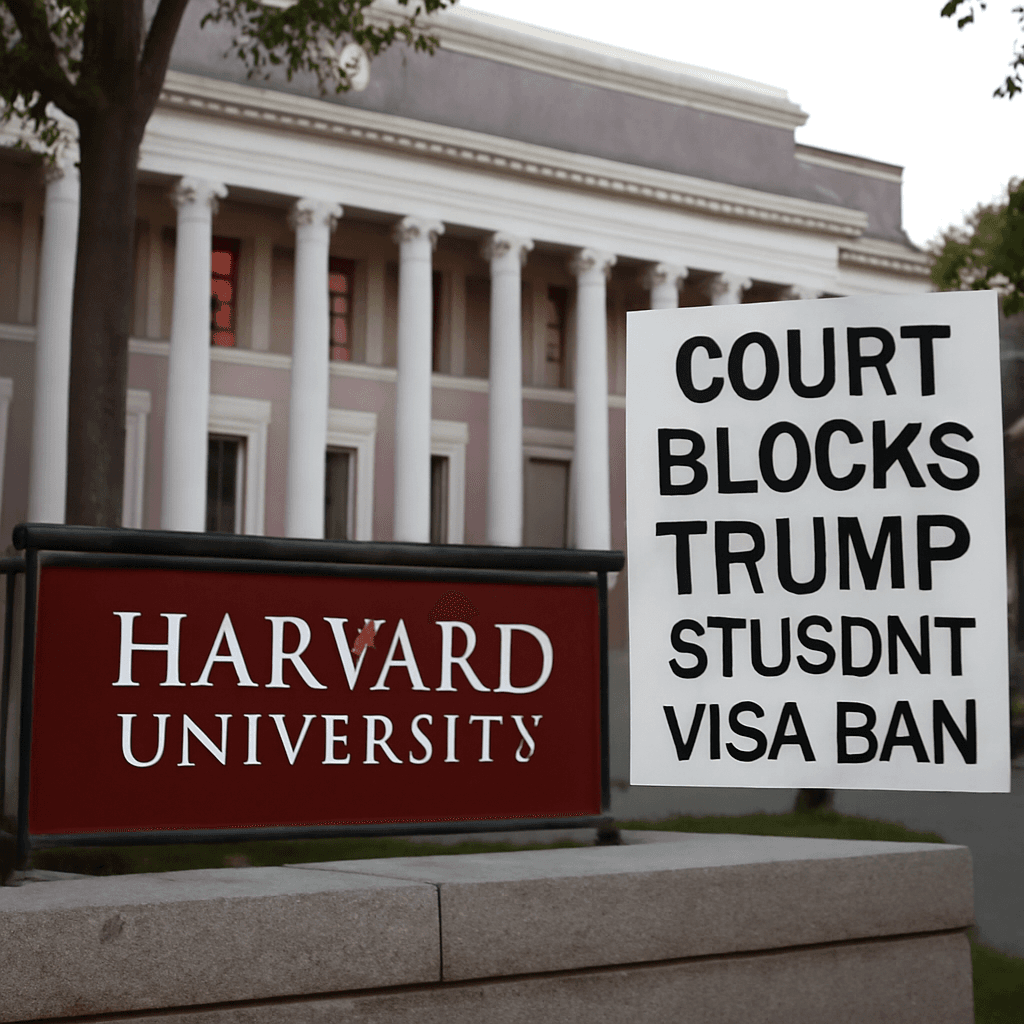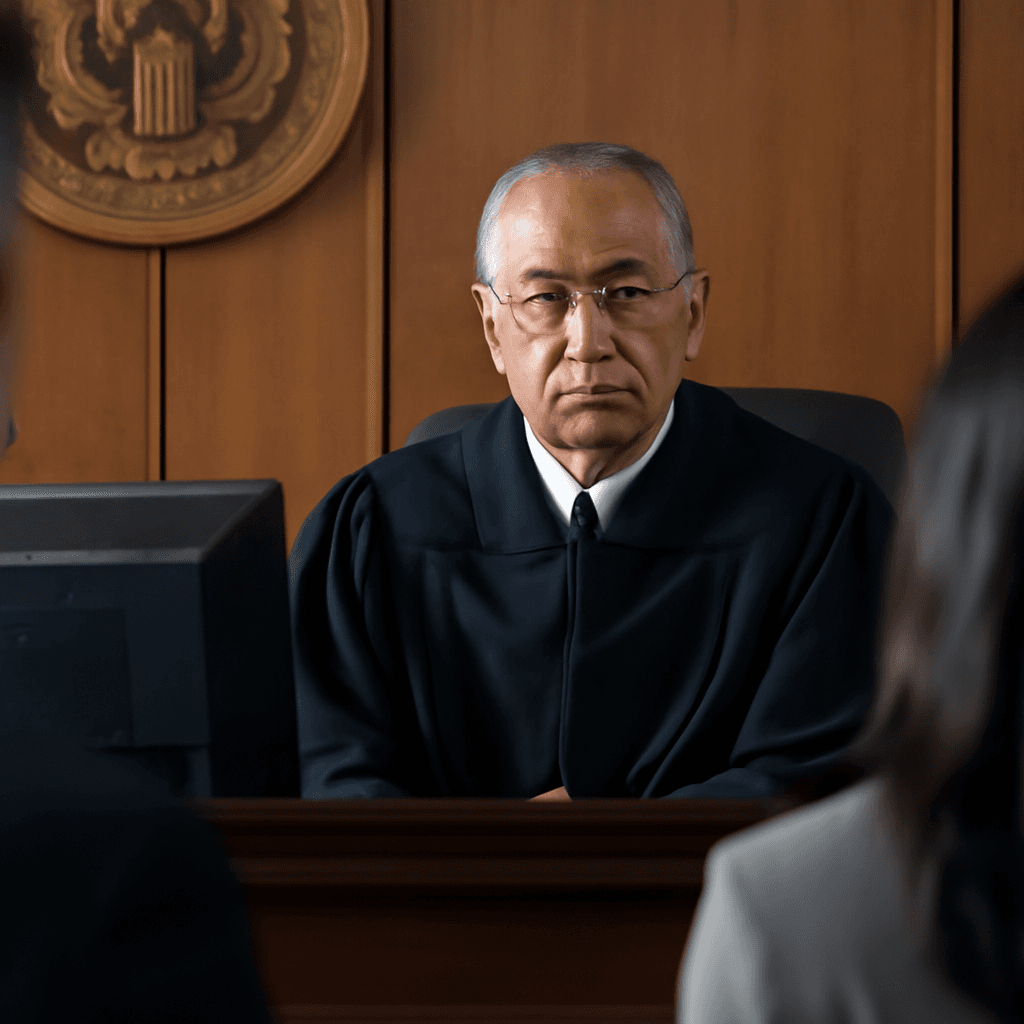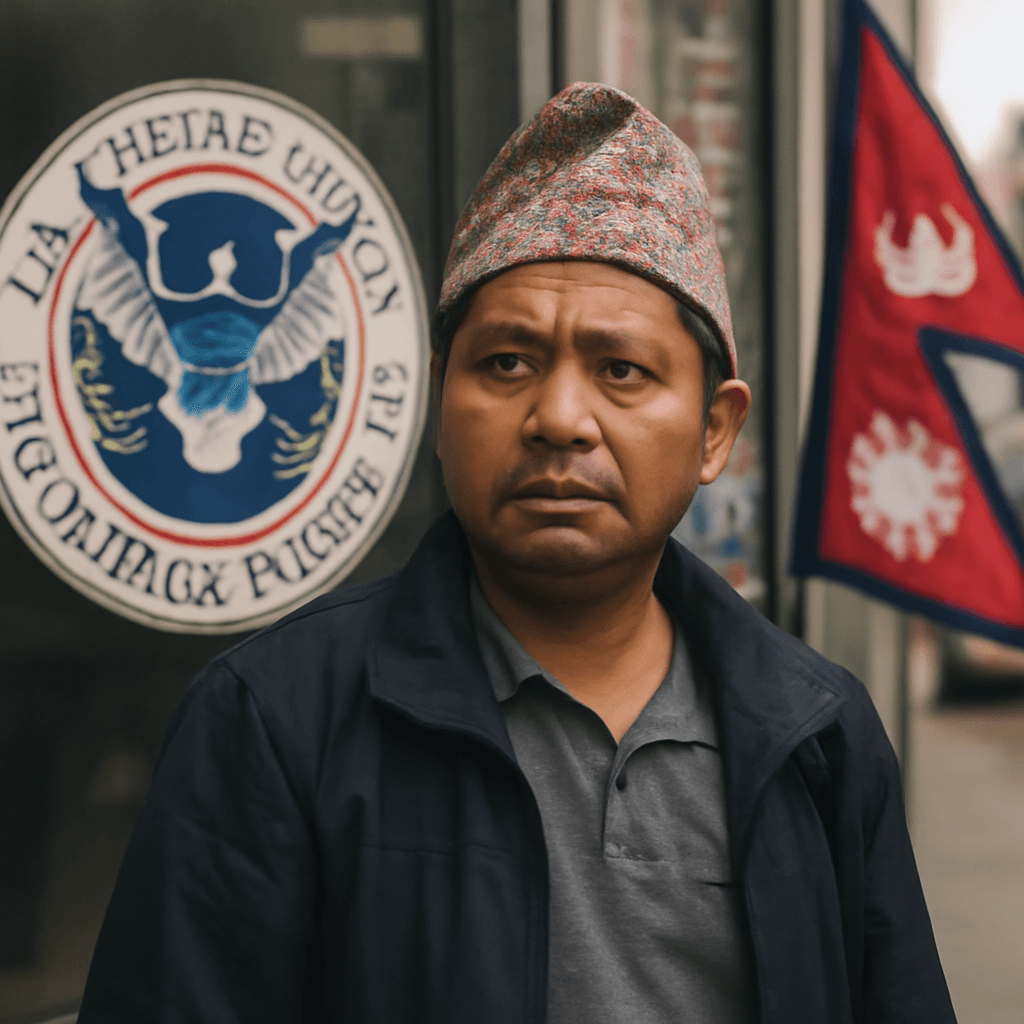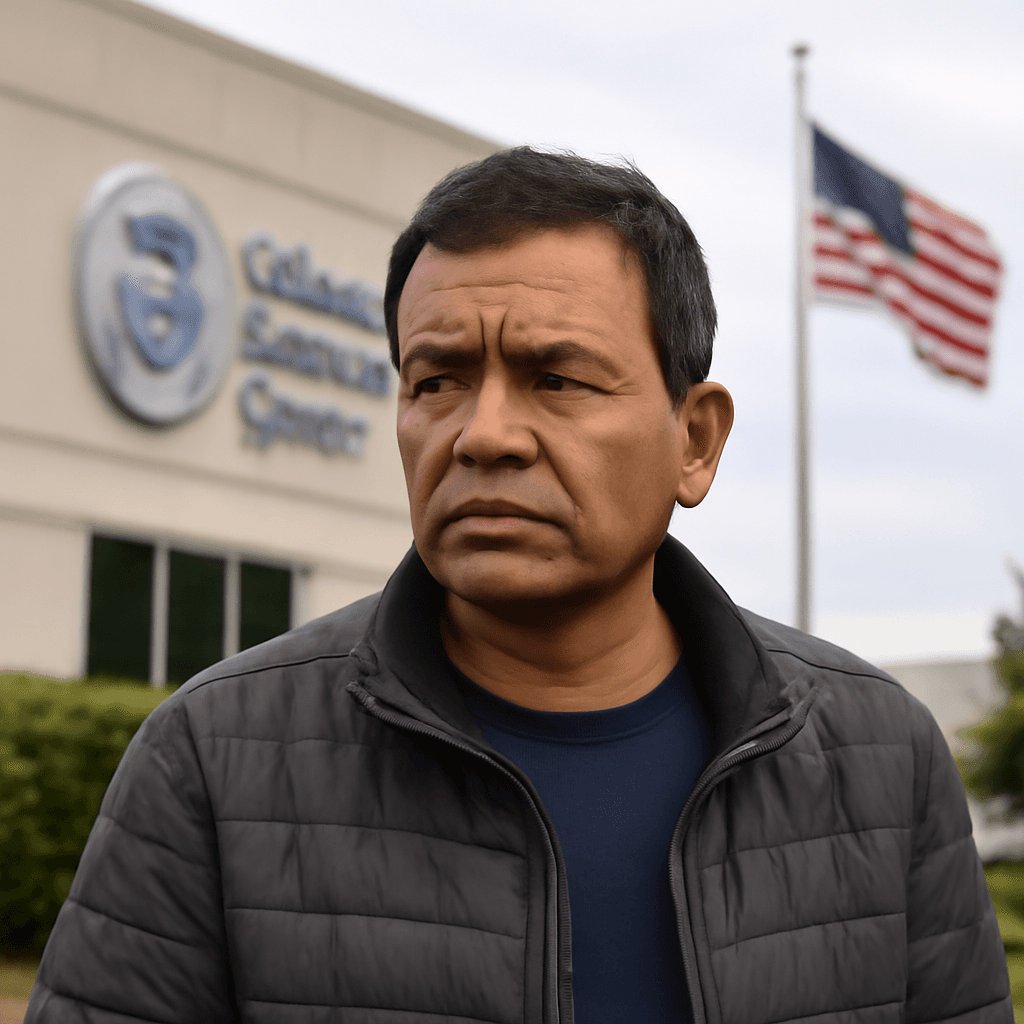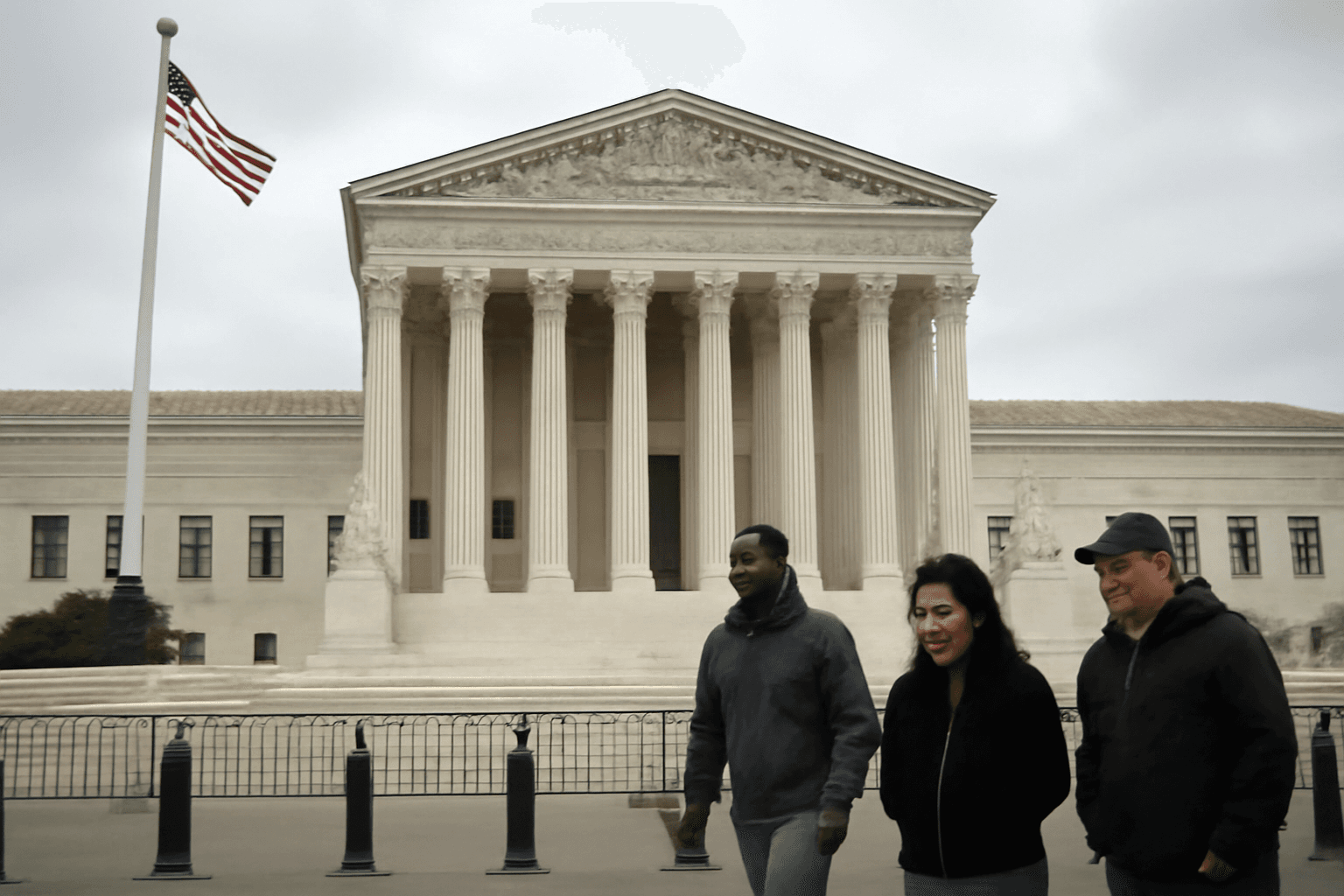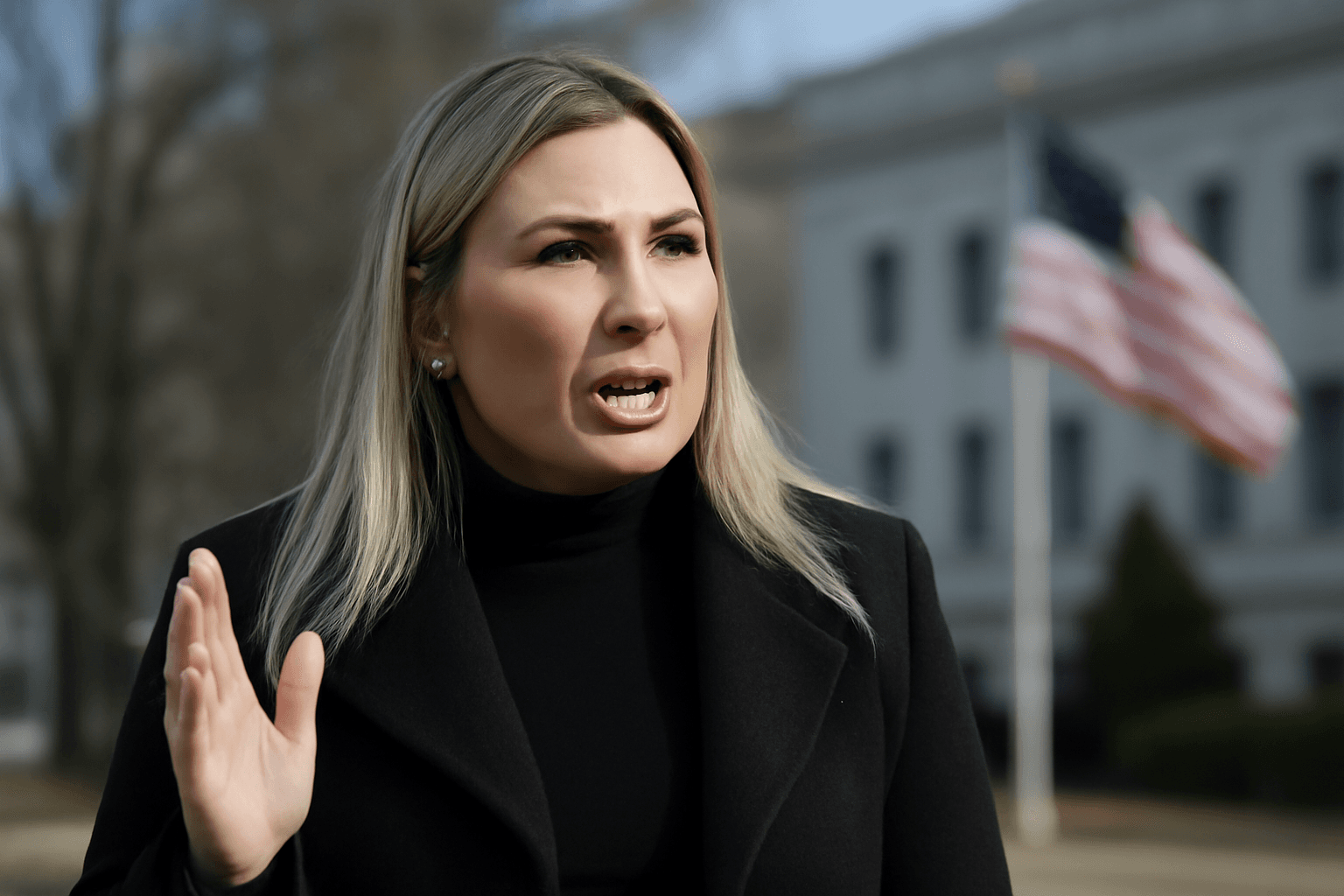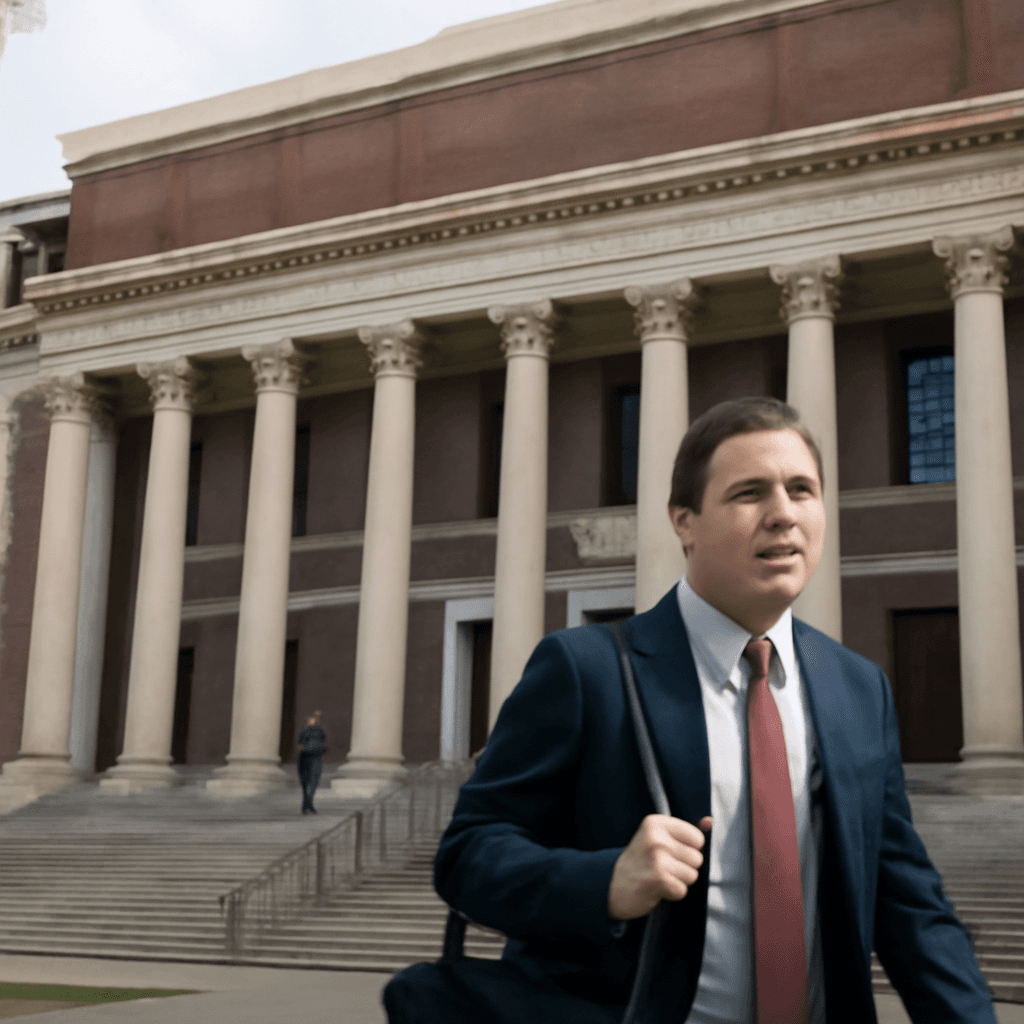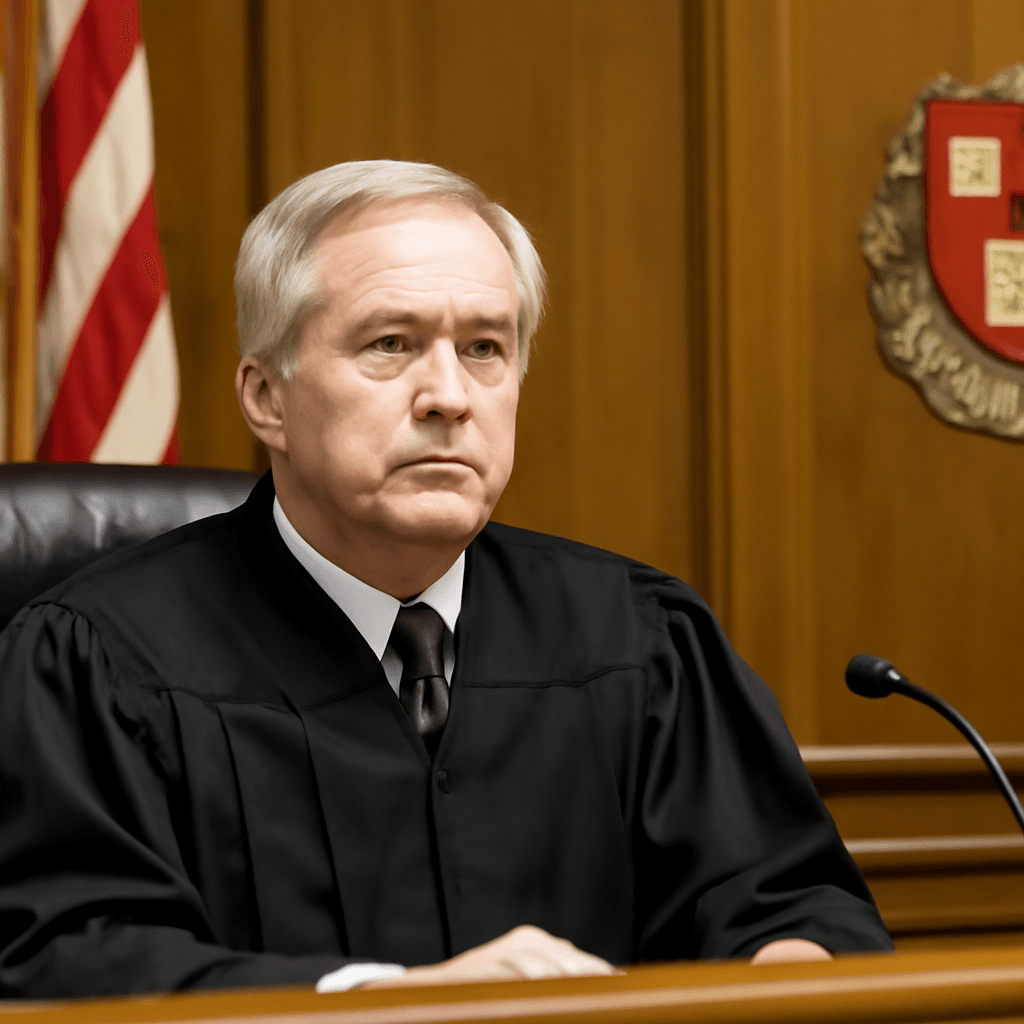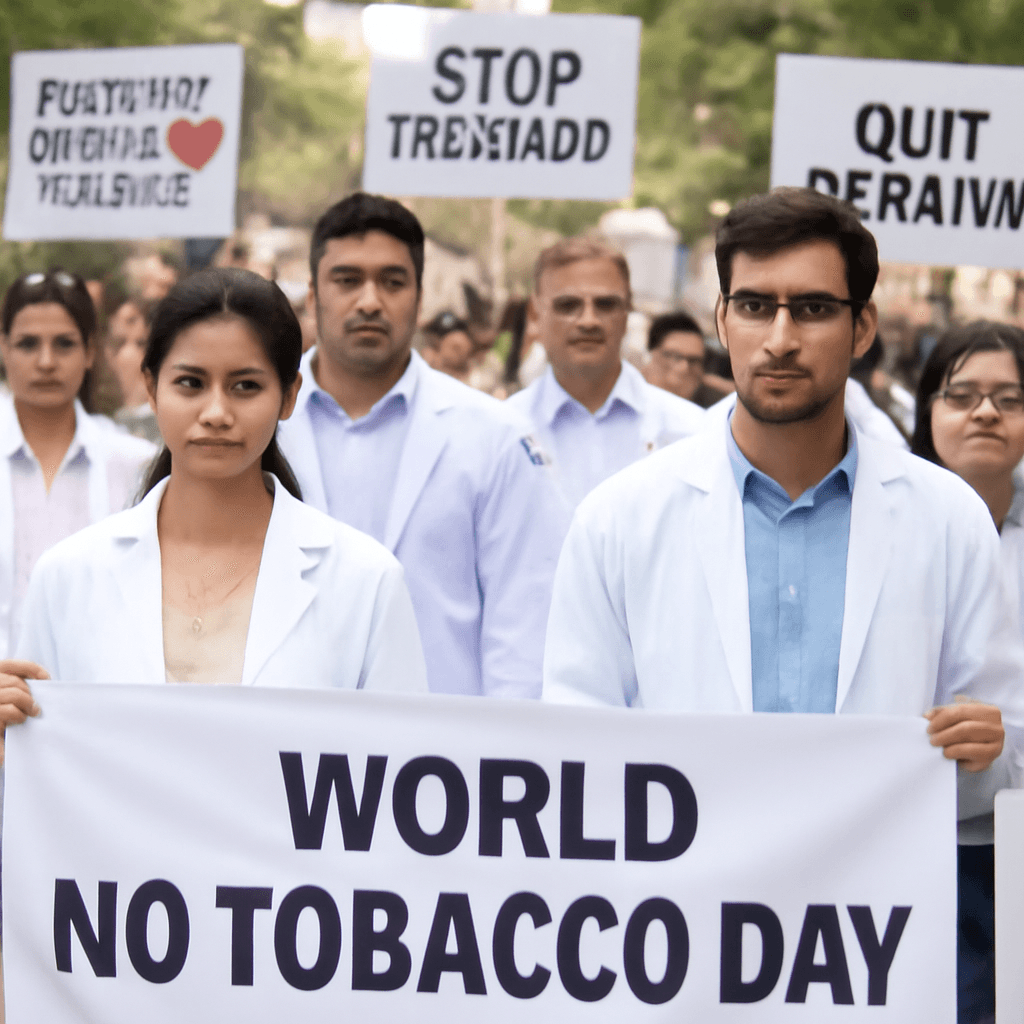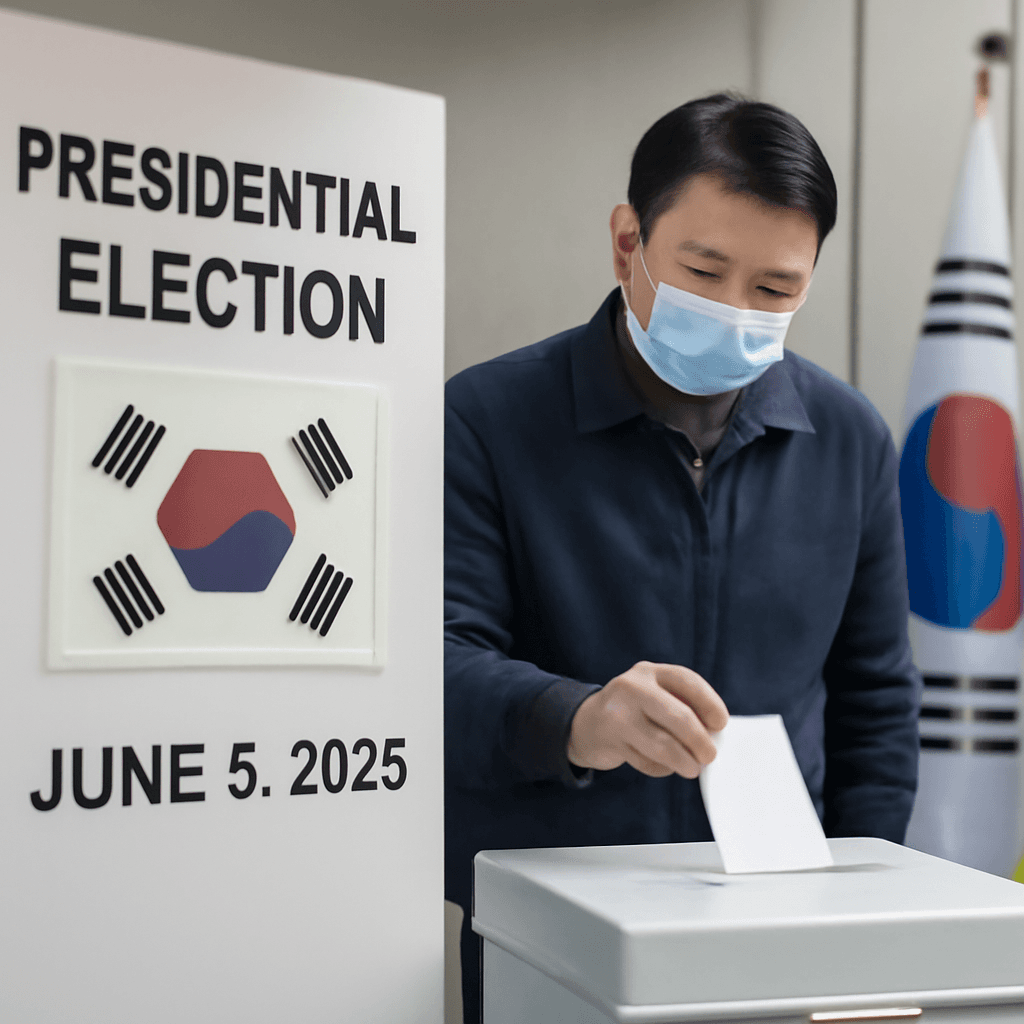Federal Judge Halts Cancellation of Venezuelan Legal Permits
A U.S. federal judge has issued a ruling preventing the cancellation of work permits and other legal documentation held by approximately 5,000 Venezuelans under Temporary Protected Status (TPS). The decision challenges a recent move by the Department of Homeland Security (DHS) to invalidate these documents, which granted beneficiaries the right to live and work legally in the United States.
Legal Context and Background
Temporary Protected Status is a humanitarian provision allowing individuals from countries affected by conflict, natural disasters, or other crises to reside legally in the U.S. On May 19, the U.S. Supreme Court ruled in favor of ending TPS protections for Venezuelans at large, paving the way for the Trump administration to terminate the program.
However, the Supreme Court's ruling did not bar individuals who held specific legal documents issued during an 18-month TPS extension from contesting the cancellation of those documents. This extension was granted during the final days of the previous presidential administration, prolonging protections until October 2026. Secretary of Homeland Security Kristi Noem later reversed this extension, triggering the current legal dispute.
Judge Edward Chen’s Ruling
In Friday night’s ruling, U.S. District Judge Edward Chen determined that Secretary Noem likely exceeded her authority by revoking the legal status of these TPS holders without statutory backing.
“There is nothing in the law that gives the Secretary the power to cancel those documents,” the judge stated.
Judge Chen emphasized the comparatively small number of affected individuals, approximately 5,000, noting that this population does not pose a significant impact on national or local economies or threaten national security.
Potential Impacts and Reactions
Legal advocates representing Venezuelan TPS recipients expressed concerns that rescinding these permits would jeopardize their clients’ employment and expose them to possible deportation. The ruling provides protection for those individuals, allowing them to maintain legal status pending further judicial review.
The Department of Homeland Security has not publicly responded to the court's decision.
Related Developments
This judicial decision comes shortly after the Supreme Court permitted the termination of a separate immigration program that had temporarily granted parole-based entry to over 500,000 entrants from Venezuela, Cuba, Haiti, and Nicaragua.

